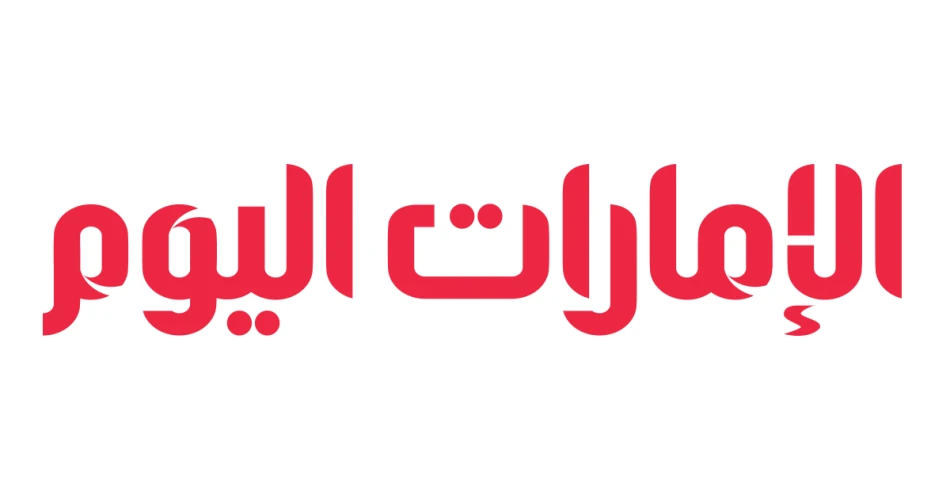
UAE's Proactive Diplomacy Defuses Global Crises: Navigating Complex Challenges Worldwide
UAE Emerges as Middle East's Premier Peace Broker Amid Global Crises
The United Arab Emirates has positioned itself as an indispensable diplomatic mediator in 2024, orchestrating prisoner exchanges between Russia and Ukraine, defusing tensions between regional powers, and challenging Israeli actions across multiple fronts. As the world observes International Peace Day on September 21, the UAE's growing influence as a trusted intermediary signals a strategic shift in Middle Eastern geopolitics, with Abu Dhabi increasingly filling diplomatic voids left by traditional powers.
Palestinian Rights Take Center Stage in UAE Diplomacy
The UAE has intensified its diplomatic efforts regarding the Gaza conflict, moving beyond humanitarian aid to direct political confrontation with Israeli policies. During the Arab League ministerial session on September 4, the Emirates called for unprecedented international mobilization to halt what it termed "Israeli aggression" on Gaza and provide unimpeded humanitarian assistance.
The UAE's stance has hardened considerably, particularly regarding Israeli settlement expansion. In a joint statement with Arab and Islamic nations, the Emirates condemned the Knesset's approval of declaring "Israeli sovereignty" over the occupied West Bank as a "blatant violation of international law." This represents a notable escalation in rhetoric from a country that normalized relations with Israel through the Abraham Accords in 2020.
Strategic Implications for Regional Alliances
The UAE's position reflects a broader recalibration within the Abraham Accords framework. Unlike previous diplomatic approaches that separated normalization from Palestinian issues, the Emirates now explicitly links regional stability to Palestinian statehood. This shift could influence other Gulf states' diplomatic strategies and potentially reshape the Abraham Accords' future trajectory.
Gulf Unity Tested and Reinforced
When Israel allegedly targeted Qatar's Al Udeid Air Base in June, the UAE's response demonstrated how quickly Gulf solidarity can mobilize against external threats. President Sheikh Mohammed bin Zayed Al Nahyan immediately contacted Qatar's Emir, condemning the attack and reaffirming support for Qatari sovereignty.
The UAE's diplomatic tour following the incident—visiting Qatar, Bahrain, and Oman within days—illustrated sophisticated crisis management. By coordinating responses across Gulf capitals, the Emirates helped transform what could have been a destabilizing incident into a demonstration of Gulf Cooperation Council unity.
The "Red Line" Doctrine
The UAE's declaration that Saudi sovereignty represents a "red line" following Netanyahu's controversial statements about establishing a Palestinian state on Saudi territory signals a new collective security understanding among Gulf states. This doctrine suggests that threats to any Gulf monarchy will trigger coordinated regional responses, potentially deterring future provocations.
Ukraine Mediation: Building Global Diplomatic Capital
The UAE's success in facilitating 17 prisoner exchanges between Russia and Ukraine, involving 4,641 prisoners total, represents one of the most successful ongoing mediation efforts in the conflict. This achievement stems from the Emirates' unique position as one of the few countries maintaining strong relationships with both Moscow and Kyiv.
Unlike European mediators constrained by sanctions regimes, or American diplomats limited by direct involvement in Ukraine's defense, the UAE offers genuine neutrality. This positioning has created valuable diplomatic capital that Abu Dhabi can leverage in other international crises, establishing it as an alternative to traditional Western mediation channels.
Syria Strategy: Betting on Stability Over Isolation
The UAE's continued engagement with Syria, including support for lifting US sanctions and participation in regional diplomatic initiatives, reflects a calculated bet that stability trumps isolation. While Western powers maintain distance from Damascus, the Emirates pursues pragmatic engagement aimed at regional stabilization.
This approach aligns with broader UAE strategy of engaging with all regional actors regardless of Western preferences. By maintaining dialogue with Syria while simultaneously condemning Israeli strikes on Syrian territory, the UAE positions itself as a consistent advocate for sovereignty principles across the region.
The Armenia-Azerbaijan Success Story
The UAE's facilitation of the Armenia-Azerbaijan joint declaration in Washington represents perhaps its most significant diplomatic achievement in 2024. By hosting direct talks between President Ilham Aliyev and Prime Minister Nikol Pashinyan, the Emirates helped break a diplomatic deadlock that had persisted since the 2020 Nagorno-Karabakh war.
This success demonstrates the UAE's growing appeal as a neutral venue for sensitive negotiations. Unlike regional powers with historical ties to either Armenia or Azerbaijan, the Emirates offers a genuinely neutral space where adversaries can engage without appearing to favor one side's traditional allies.
Market and Strategic Implications
The UAE's diplomatic activism serves clear economic interests. By positioning itself as a regional stabilizer, the Emirates enhances its attractiveness as a business hub and investment destination. Political stability and predictable mediation capabilities become competitive advantages in attracting international capital and multinational headquarters.
For global investors, the UAE's diplomatic success suggests reduced regional volatility and more predictable conflict resolution mechanisms. This stability premium could continue attracting financial flows away from less diplomatically engaged regional centers.
Challenges to Traditional Power Structures
The UAE's diplomatic rise occurs as traditional mediating powers face constraints. American influence in the Middle East continues declining, European powers remain focused on Ukraine and domestic challenges, and regional powers like Egypt and Jordan face economic pressures limiting their diplomatic reach.
This creates opportunities for the UAE to fill mediation gaps, but also raises questions about long-term sustainability. As the Emirates takes increasingly prominent positions on contentious issues—particularly regarding Israel and Palestine—it risks the neutrality that makes its mediation valuable.
The coming months will test whether the UAE can maintain its effectiveness as regional tensions escalate and its own positions become more defined. Success could establish a new model for middle power diplomacy in an increasingly multipolar world.
Most Viewed News

 Sara Khaled
Sara Khaled






